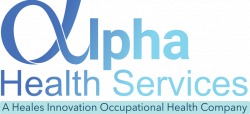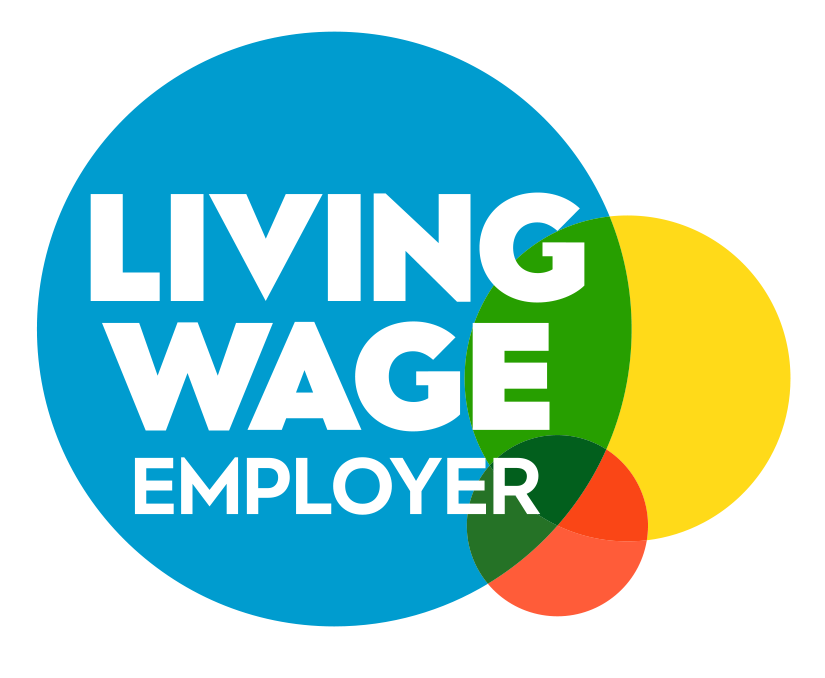COVID-19 has been creating stress and tension across the globe, but what if you are already living with a mental health condition. For people with anxiety, depression and OCD, the daily news about COVID-19 can exacerbate existing mental health issues.
The WHO recommendations include:
Get the facts. Gather information that will help you accurately determine your risk so that you can take reasonable precautions. Find a credible source you can trust such as WHO website or, a local or state public health agency
Limit worry and agitation by lessening the time you and your family spend watching or listening to media coverage that you perceive as upsetting
WHO
Anxiety UK advises to ensure you have dedicated periods in the day to have mental ‘downtime’. This is where you don’t look at the news, and can practice mindfulness, meditation, distraction exercises or simply breathing.
Try practising the APPLE technique which encourages you to Acknowledge, Pause, Pull back, Let go and Explore…
Acknowledge – Notice and acknowledge the uncertainty as it comes to mind.
Pause – Don’t react as you normally do. Don’t react at all. Just pause and breath.
Pull back – Tell yourself this is just the worry talking, and this apparent need for certainty is not helpful and not necessary. It is only a thought or feeling. Don’t believe everything you think. Thoughts are not statements or facts.
Let go – Let go of the thought or feeling. It will pass. You don’t have to respond to them. You might imagine them floating away in a bubble or cloud.
Explore – Explore the present moment, because right now, in this moment, all is well. Notice your breathing and the sensations of your breathing. Notice the ground beneath you. Look around and notice what you see, what you hear, what you can touch, what you can smell. Right now. Then shift your focus of attention to something else – on what you need to do, on what you were doing before you noticed the worry, or do something else – mindfully with your full attention.
Anxiety UK
How to manage your current mental health condition and maintain good mental wellbeing
Health Anxiety – The idea of becoming ill can be so pervasive that is can lead to panic attacks and believing you are exhibiting symptoms. Sarah Dewhurst of The Well Nest who has Health Anxiety, sometimes called hypochondria, says to challenge your thoughts and look for evidence around them. Reframe your thoughts with the evidence you find, such as ‘I have a strong immune system and there are things I can do to keep it strong.’ Do a body scan such as the one at No Panic to ground you and make you more aware of the way your body is feeling in the present moment.
Claustrophobia – The idea of self-isolating may give rise to feelings of being trapped. Make sure the windows are open to allow fresh air in. Mind suggests sitting on the doorstep, or in the garden if you have one; looking at the sky for a sense of space, and regularly change the rooms you spend time in.
OCD – being constantly told to wash your hands can be very difficult and even triggering if you have contamination OCD. With the increase in the public washing their hands, repeatedly using hand sanitizer, and fearing touching surfaces it can look like the world at large is acting in ways you associate with being ill. OCD Action says the issue is to look for is the function – for example, is the washing being carried out for the recommended amount of time to reduce the risk of spreading the virus – or is it being done ritualistically in a specific order to feel “just right”?
Be sure to follow the links throughout this post for more information and advice from the various websites. There are so many fantastic resources online for both mental and physical health and we will continue to share any helpful information and tips that we can find to help you during this time.






